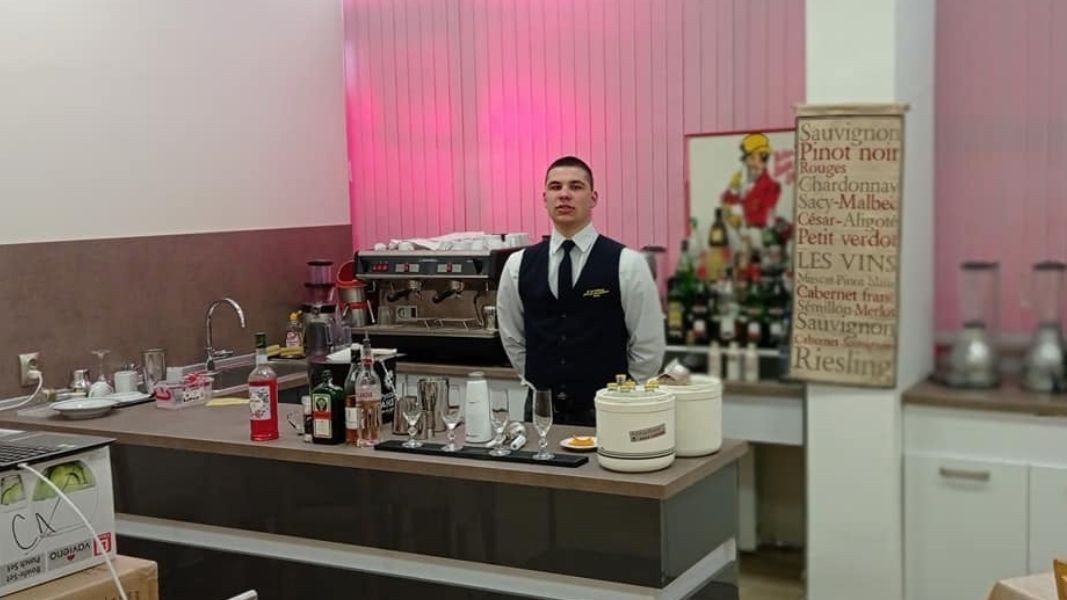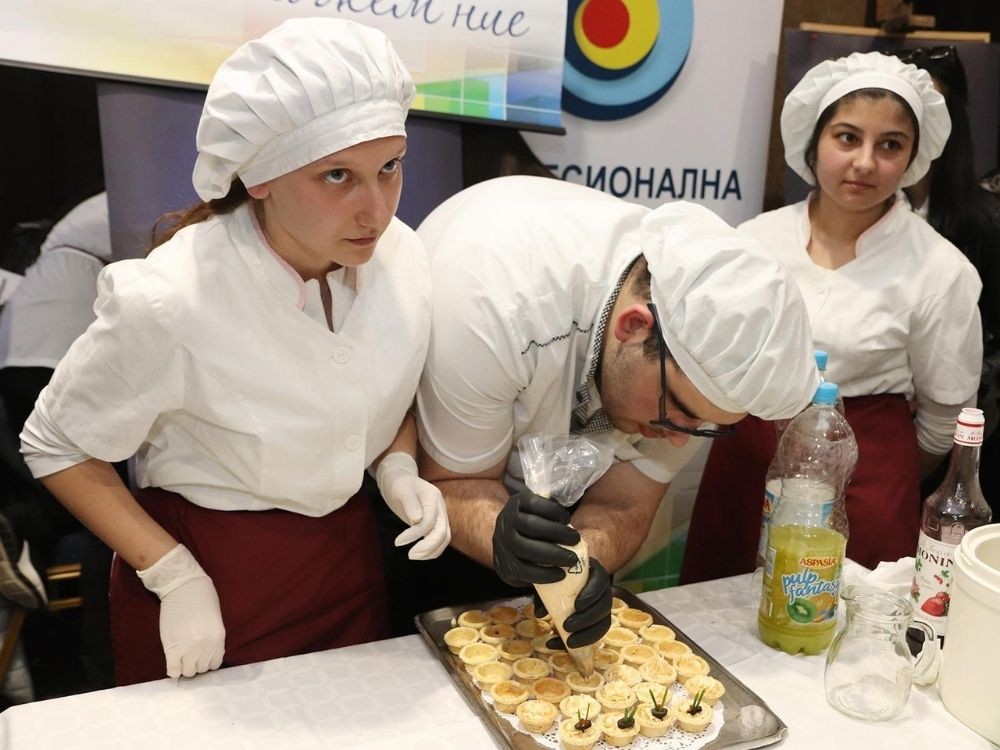The Covid-19 pandemic has made tourism one of its biggest victims, posing a number of challenges for those working in the sector. And they are related both to the uncertainty whether the hoteliers will have a full summer and winter season, and to the impossibility to guarantee stable employment of their staff.
"The hotel where I work is ready to welcome tourists, but, perhaps, I am one of the lucky few who have a high-quality team and have bookings for the start of the season," says Vladislav Velikov, manager of a hotel complex in Kranevo, during a conference on the problems of the sector. In his experience he has become well-acquainted with the successful approaches to recruiting qualified personnel. He also knows which factors have a negative impact on the selection of human resources:
"There are many problems with the staff, one of which is the lack of trust. The industry lost it at the start of the pandemic, but it was not its fault. Too many qualified people have switched to other industries, both for better pay and for year-round employment. Other difficulties we face are related to the lack of purposefulness of the employees, as well as guidelines on our part. People need to be shown the right way and explained why it is worth working in the most interesting industry in the country."

Especially important for raising the prestige of the profession, as well as for attracting new staff, is the strengthening of the connection between universities and businesses, Velikov believes. According to him, good training at the stage of secondary and higher education is definitely not enough to start working in the field. It is necessary to devote as much time as possible to practice with visits to hotels, restaurants, meetings with managers and owners.
However, the connection between educational institutions and businesses does not seem to be strong enough. The opinion of the lecturer at the Vocational School of Tourism “Prof. Dr. Asen Zlatarov” in Bulgaria’s coastal city Varna, Vanya Emilova, comes as a proof.
"We often find refusal by employers to accept students during the school year for practice in a real work environment. This is provided that employers have no commitment to pay anything to students”.

The training practices should be held during the active summer season, Emilova also recommends. Otherwise, students will not be able to study effectively in areas such as bartending, cooking, waitressing, etc.
"For 5 years now, I don't remember having received a proposal from the businesses. There are few chefs who lend us a hand, but some still do it. It would be good to have an exchange between chefs and teachers so that we can be better at working with our students. ”

Still, the Varna-based high school does not stop looking for opportunities to present students to employers in the industry. One of them are the annual competitions, which distinguish the best in various specialties. The first places provide the young participants with an opportunity to be noticed and hired for an internship or work in the field of the hotel and restaurant industry.
English version Rositsa Petkova
Photos: Vocational School for Tourism "Prof. Assen Zlatarov"As in 2024, this season's vacancies in the tourism industry will be filled by workers from third countries . According to employers from the Northern Black Seacoast, entire Turkish teams are employed in the kitchens of Albena resort. Workers from..
The first tourists of the new tourist season arrive today on a flight from the Polish city of Krakow. At Burgas Airport, they will be welcomed with a water salute and souvenir gifts in the presence of the Minister of Tourism Miroslav Borsos and the..
Intense preparations are underway on the Southern Black Sea coast for the upcoming summer season. The first tourists are expected for Easter, and businesses are actively seeking thousands of workers, reports public service broadcaster BNT. The..
Tourism platforms indicate record interest in Bulgarian children's camps in summer 2025 with two main trends expected in the coming months. Firstly, there..

+359 2 9336 661
